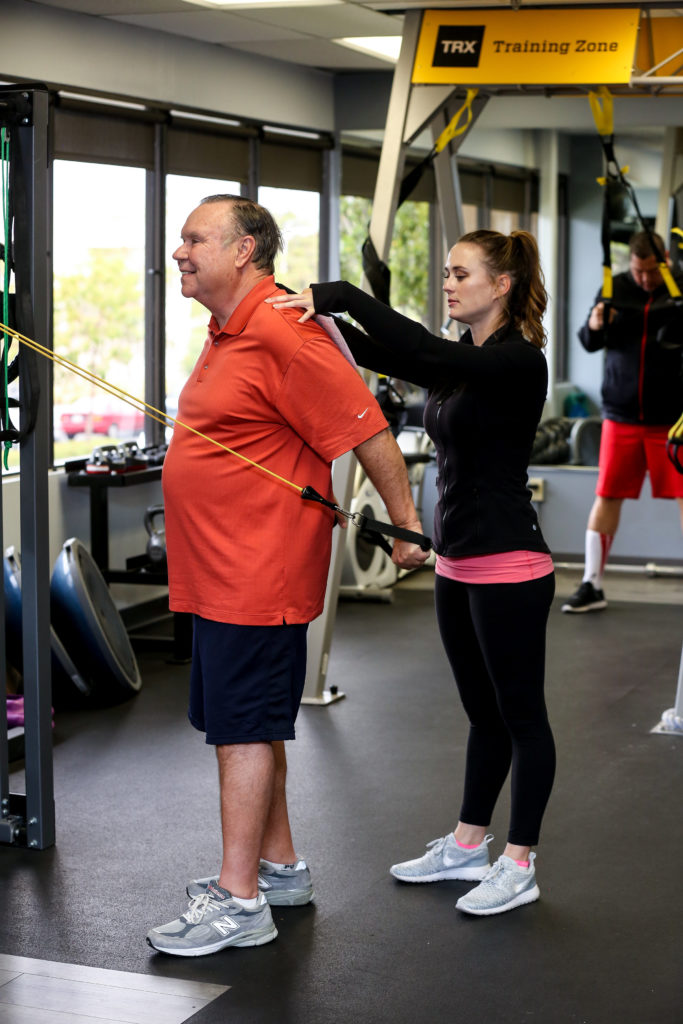Alzheimer’s disease (AD) accounts for 80% of reported dementia in the geriatric population globally (Gill & Mahdi, 2014). Thanks to the research of Dr. Alois Alzheimer and other neuropathologists, it has been commonly accepted that the accumulation of amyloid plaques (Aβ) and neurofibrillary tangles (NFTs) are responsible for the onset of AD. As these plaques and tangle proteins aggregate, oxidative damage builds in the cerebral cortex, more specifically in the neurons and nerve synapses (junctions where nerves communicate), and in the cell’s mitochondria (energy center), which eventually creates neurotoxicity. This neurotoxicity in turn degrades the brain’s neurons, starting with the section responsible for memory retention, and eventually ending with the neurons responsible for carrying out autonomous functions like breathing.
When looking at the early onset symptoms of Alzheimer’s, the most profound sign is forgetting recently learning information. This can be as simple as forgetting certain dates, events, having to ask for the same information repeatedly, or having to rely on other individuals or memory aids to help.
An individual with AD may notice that their cognitive function is not as up to speed or as quick as it once was. That individual might also have increasing trouble with problem solving or difficulty concentrating. These first symptoms do not seem as severe in the beginning, but once the disease starts to progress, they are ignored as worse symptoms will arise. Symptoms can progress to forgetting where they are or even how they got to a certain place. Individuals with advanced AD are typically unfamiliar with themselves, the people around them, and don’t have much recollection of what is going on in their environment. At this stage, these individuals start developing visual impairments, which forces them to cease driving a vehicle or reading a book.
Currently there is no cure for Alzheimer’s disease, but many interventions can delay the degenerative effects of it. Though irreversible, it has been shown that physical activity (PA) can delay the onset of AD and cognitive decline in older adults. Furthermore, it is widely accepted that aerobic exercise (e.g. running, walking, and biking) has been associated with increased cognitive function (Yaffe, 2010). Balance training can also benefit individuals with moderate-to-severe AD by improving their postural abilities, thereby reducing their fall risk (Hill et al., 2009).

Since AD is associated with low muscle mass and strength, general strength training may yield incredible benefits for those with AD (Paillard et al., 2015). Here at Core Performance PT, we suggest combining all three components of exercise to combat the effects of AD.

Comments